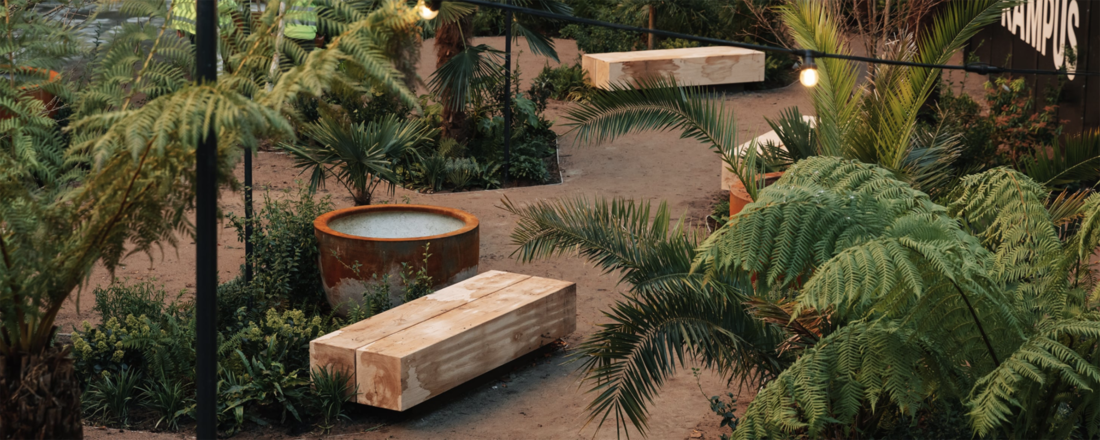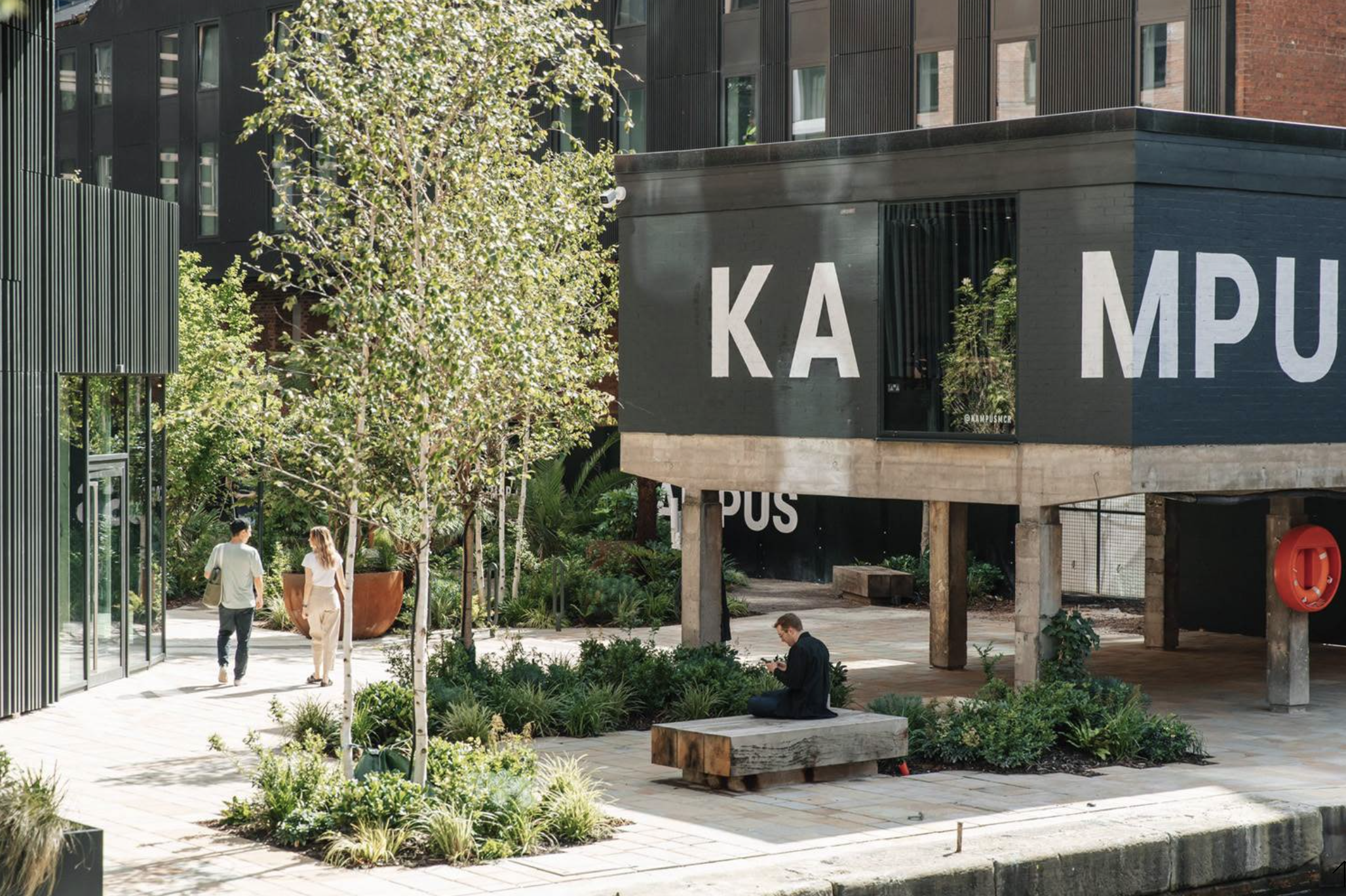Get updates from The Developer straight to your inbox Yes, please!
“We see ourselves as social impact developers” Adam Higgins, Capital & Centric
When they started Capital & Centric, they wanted to create award-winning architecture, says co-founder Adam Higgins. Ten years on, it’s about more than that

“T here is a funny thing in property about trying to build everything as cheap as you can,” says Adam Higgins, co-founder of Capital & Centric.
“We’re not building buildings just because it stacks up on a spreadsheet. Really we’re trying to make a positive impact on the city, town or village where we’re developing.”
Higgins, who worked for Peel Holdings before co-founding Capital & Centric around a decade ago, says when they started out, they wanted to build award-winning architecture.
“Positive social impact was something we stumbled across,” he admits in this interview for The Developer Podcast. “You realise that architecture is brilliant… if it happens to be your home or office, but what about doing something for people who don’t live in that building?”
Listen to the interview
“We started thinking about how we could improve wider areas, about public realm and green space and trying to make things inclusive.”
Now Higgins describes Capital & Centric as a “social impact developer” – and in Manchester, that, for him, means incorporating new green public spaces into their developments, including at the heart of Kampus, their 450,000 sq ft “garden neighbourhood” which won a Pineapple award for Place in Progress.
“Manchester has relatively few green spaces because it was an industrialised city, and what we noticed over the years is that a lot of public squares tend to be big functional multi-use spaces where everything is about hard landscaping, granite sets and a desire line across the middle.
“It’s great for Christmas markets, but when it’s not December they can be a bit dull, because they are cold spaces in northern Europe.
“We had this idea… forget that, we should create a garden. But it shouldn’t be a garden just for people who live there, we wanted it to be a garden that was available to anybody.
“We had this idea that it should be like an abandoned old wartime relic completely overgrown, like a shooting tower taken over by nature, that was the inspiration. We wanted to bring in a wild landscape that will climb the buildings and make it look overgrown and that will happen over the next couple of years.
“Everything gets dumbed down. Even trying to specify the trees, you’ve got people like Secured by Design saying that none of your plants must be over 1.4m. There were all these silly restrictions… so we ignored a lot of that and just tried to get the biggest plants and trees we could in there, including the biggest palm trees. They’ve all survived two winters now.
What is it that blocks mature landscape projects like this? “I think it’s a number of things,” says Higgins. “Often budgets: Obviously it costs more to put in bigger trees. Some of the trees we put in were 7m high.
“When funds get involved often they say you don’t want too much landscape because it’s a maintenance obligation you’re going to have to cut the grass and pay a team of gardeners and that will come off your income appraisal…
“There’s almost a default – the less you can do, the better”
“We had to actually push very hard, funnily enough, to get the sheer density of plants and trees that we we wanted. There’s almost a default that the less you can do the better.
“There’s a developer on an adjoining site who had the opportunity for a pocket park, and this developer said to us, ‘To be honest with you, once we get planning, we’ll just put some grass seed down.’
Higgins shakes his head. “It might cost another £300,000 to do [a pocket park], but we’re talking about a £150m scheme here, the cost of doing something better is insignificant.
“Normally you end up with these 2m trees with a stick and a strap around that will take 20-30 years to come to any level of maturity. That’s no good to us. We’re going to be renting these in a couple of months. We’re going to get better rents if we spend a bit more on the landscape.”
--
This week’s episode of The Developer Podcast is sponsored by IE University School of Architecture and Design. Learn more about their online part-time Global Master in Real Estate Development here
Sign up to our newsletter
Get updates from The Developer straight to your inbox
Thanks to our organisation members
Become a member
© Festival of Place - Tweak Ltd., 124 City Road, London, EC1V 2NX. Tel: 020 3326 7238


